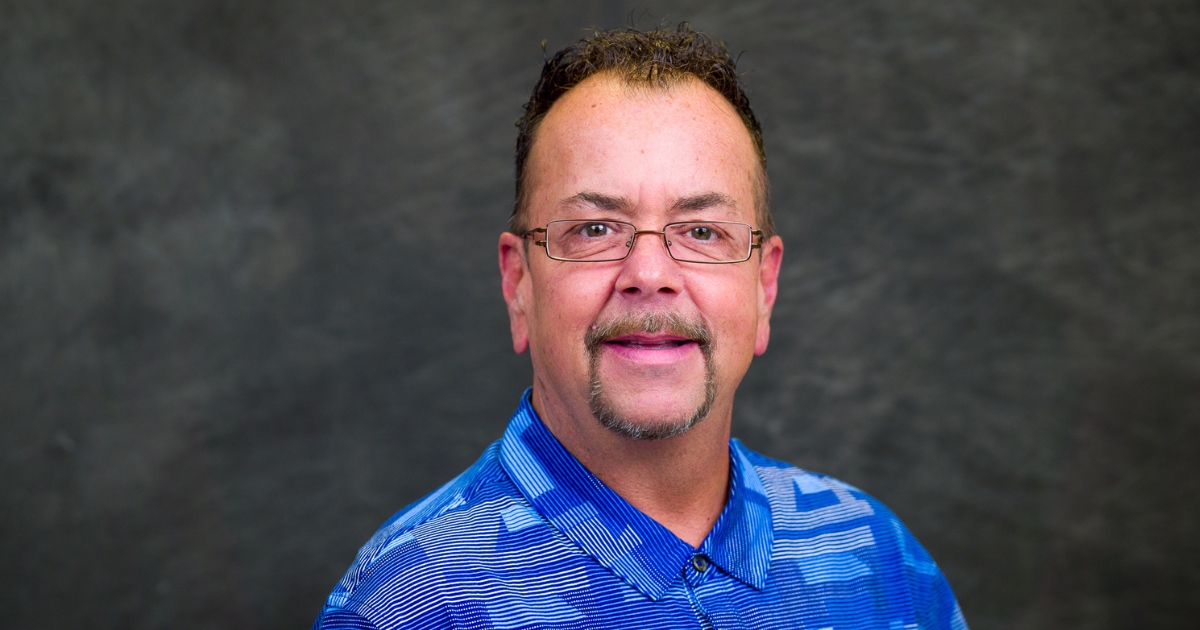Data Leads the Way
Homeward • Oct 26, 2018
Homeward has long expressed the importance of data in the work of reducing and ending homelessness. Tracking data on homelessness helps us to understand the causes of homelessness, identify gaps in services, build strategic partnerships, and measure the performance of our network of care. Additionally, tracking data allows us to compare the outcome of our community’s network with that of networks across the state and nation.
Earlier this month, The Department of Housing and Urban Development (HUD) and the National Alliance to End Homelessness (NAEH) released several interactive tools that help visualize data on homelessness in communities across the country.
With HUD’s tool USASpending, users can click on an interactive map to view a snapshot of any Continuum of Care’s (CoC) data from the 2017 Point-in-Time count. NAEH’s tool, State of Homelessness
provides statewide data on the total number of people experiencing homelessness, as well as the rate of homelessness per 10,000 people.
A quick look at Virginia reveals that at 7.2 persons per 10,000, we have one of the lowest rates of homelessness in the nation. By adding a historical layering tool we see that homelessness in Virginia has been reduced by 38% since 2007. This should make each of us proud of the hard work done each day to end homelessness across the Commonwealth.
However, Homeward is committed to and focused on ending homelessness specifically in the Richmond region. NAEH’s tool has the capacity to break down state data into CoCs. When viewing data on the capital region, we see that the rate of homelessness is lower than the state average. At 6.2 persons experiencing homelessness per 10,000 people, the Richmond region has the lowest rate of homelessness of any major metropolitan area in Virginia.
This rate is also lower than many smaller metro areas in the state.
This outcome is not arbitrary. For 20 years, Homeward has used data and collaboration to drive system-wide change in how our community solves the issue of homelessness. By hearing from people in crisis, coordinating service providers, and helping local programs remain competitive for federal and state dollars, Homeward has filled the role of lead agency in a data-informed, outcome-driven, collaborative network of homeless services.
We are grateful for our supporters and provider partners who have helped make such a meaningful impact in the work of getting people off the streets and into safe, stable housing. We look to a future where by applying best practices and aligning our resources, the Richmond region is one where homelessness is brief, rare, and one-time for anyone who experiences it.
Share
Tweet
Share
Mail

29 Apr, 2024
Richmond, VA – May 1, 2024 – Homeward – the planning agency for the Greater Richmond Continuum of Care (GRCoC), a network of homeless service providers that deliver coordinated and compassionate solutions to homelessness in the Richmond region – will host its annual Best Practices Conference on Friday, May 3, 2024 at The Westin Richmond hotel in Henrico County.
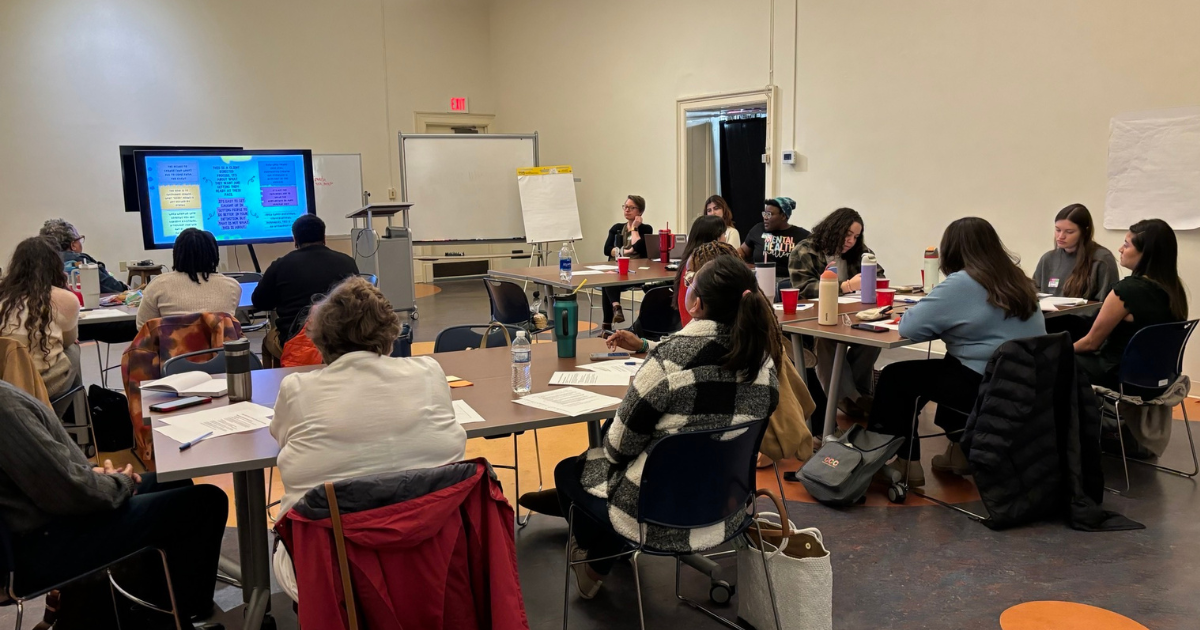
By Frances Marie Pugh
•
21 Mar, 2024
The last week of February, Homeward hosted a series of learning opportunities in a Best Practices in Youth Services Summit. Over two days, GRCoC partners, YAB members, and TA support staff delved into the core competency topics of youth services, Continuous Quality Improvement (CQI), prioritizing joy for young people, and federal grant regulations.
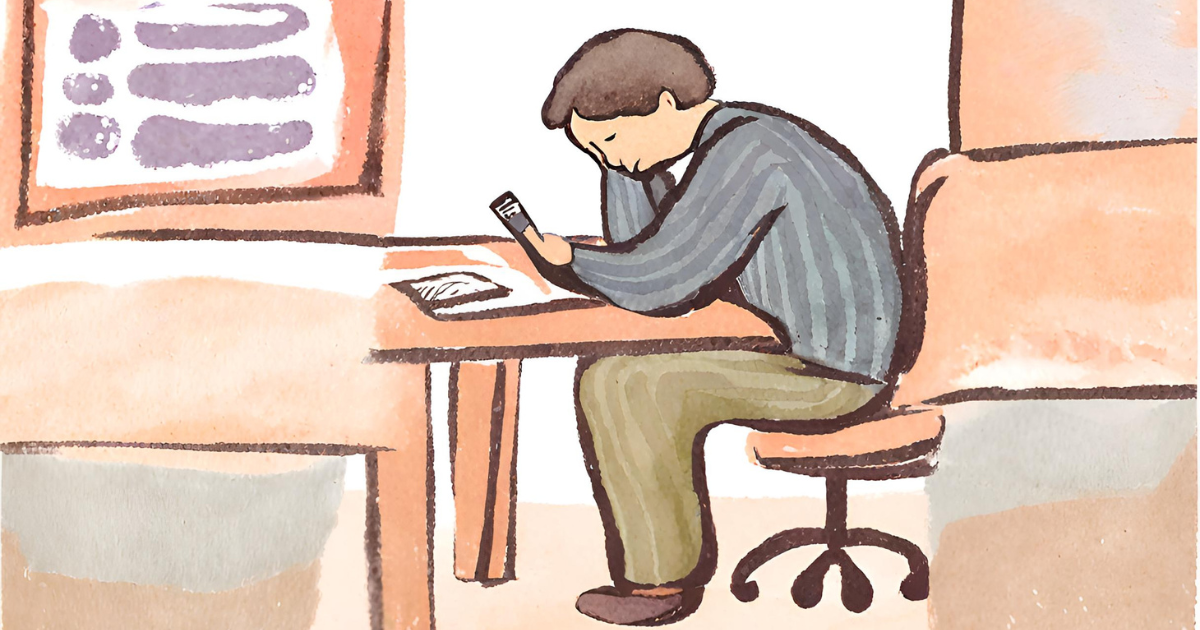
By Kelly King Horne
•
14 Feb, 2024
This post is part of a series that explores the ways in which the Richmond region addresses homelessness and provides context on how our collaborative and regional network operates. You can access other posts in this series on Access Versus Resources , Funding by The Numbers , and Keys to Helping More People .

By Kelly King Horne
•
14 Feb, 2024
This post is part of a series that explores the ways in which the Richmond region addresses homelessness and provides context on how our collaborative and regional network operates. You can access other posts in this series on Access Versus Resources , Funding by The Numbers , and Supporting Frontline Staff .
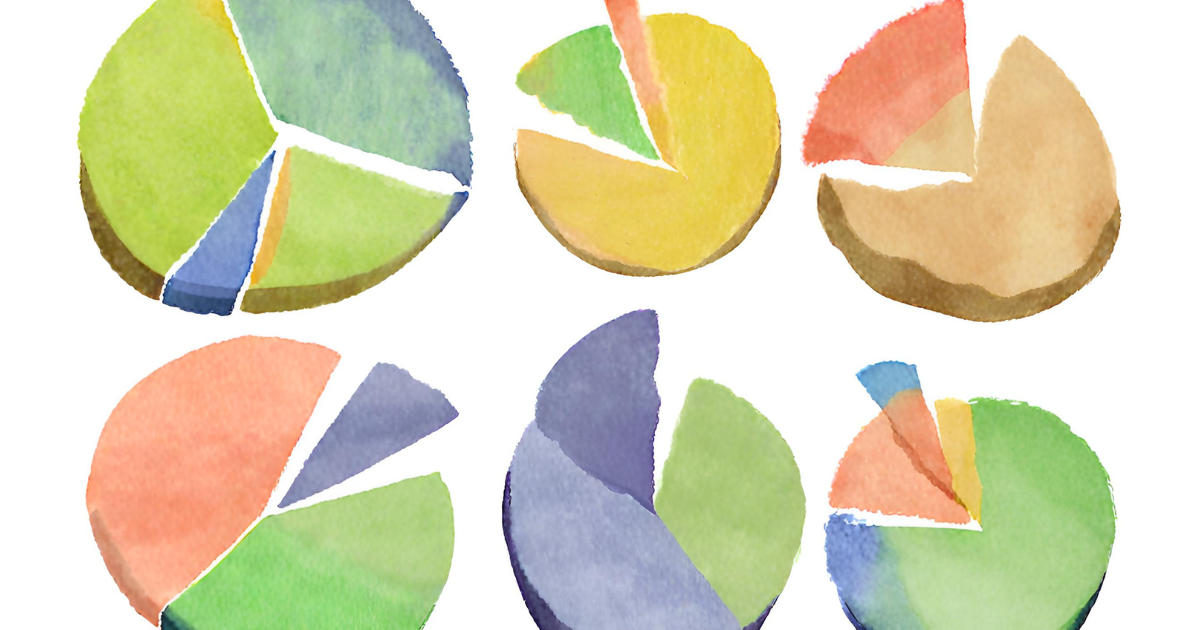
By Kelly King Horne
•
14 Feb, 2024
This post is part of a series that explores the ways in which the Richmond region addresses homelessness and provides context on how our collaborative and regional network operates. You can access other posts in this series on Access Versus Resources , Keys to Helping More People , and Supporting Frontline Staff .
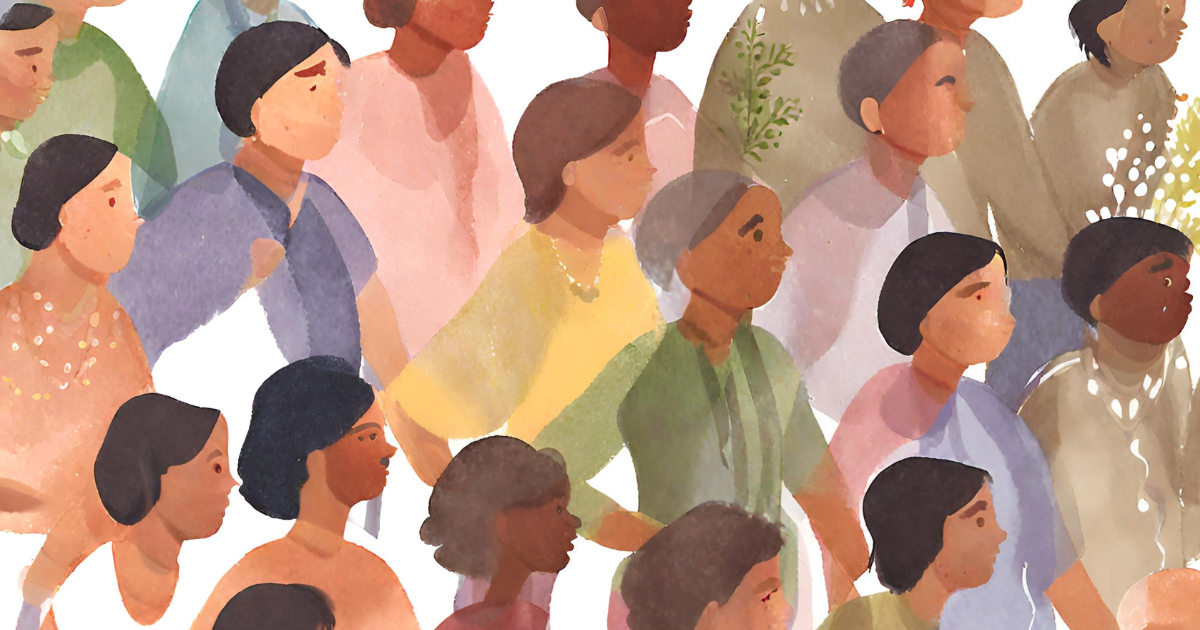
By Kelly King Horne
•
14 Feb, 2024
This post is part of a series that explores the ways in which the Richmond region addresses homelessness and provides context on how our collaborative and regional network operates. You can access other posts in this series on Funding by The Numbers , Keys to Helping More People , and Supporting Frontline Staff.
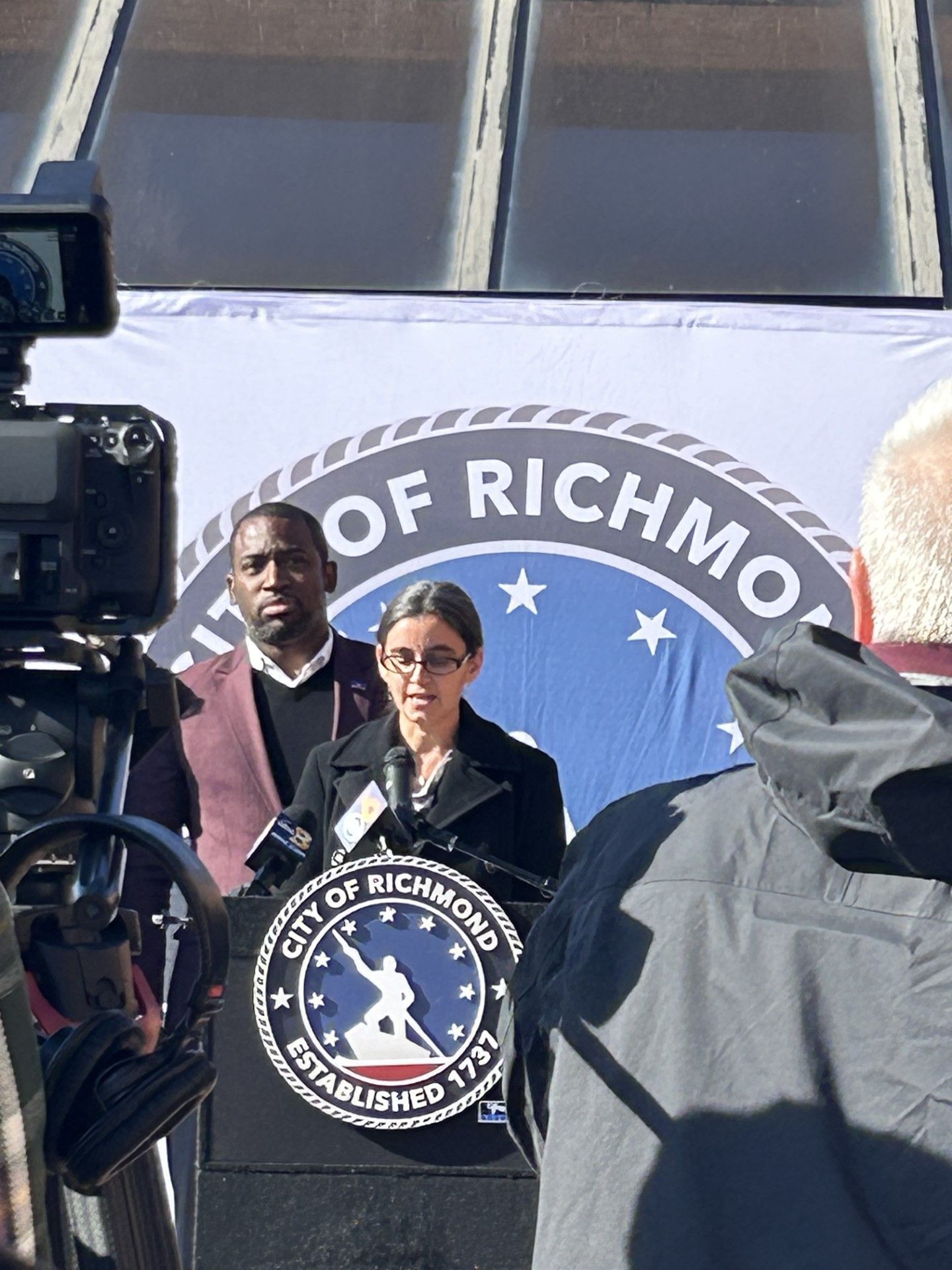
30 Nov, 2023
On behalf of Homeward, we want to thank Mayor Levar Stoney, City Council President Michael Jones, Committee Chair and Councilmember Stephanie Lynch, all of the members of Richmond’s City Council, and the truly dedicated members of the City administration for making this significant and compassionate expansion of homeless assistance available. For 25 years, our community has come together across organizational and jurisdictional differences with a shared goal of reducing the crisis of homelessness.
Every donation counts.
Useful Links
Contact info
info@homewardva.org
If you are within 3 days of losing housing, call The Homeless Connection Line: 804-972-0831 . If you are more than 3 days away from losing housing, call The Housing Resource Line: 804-422-5061
© 2024
All Rights Reserved | Homeward








